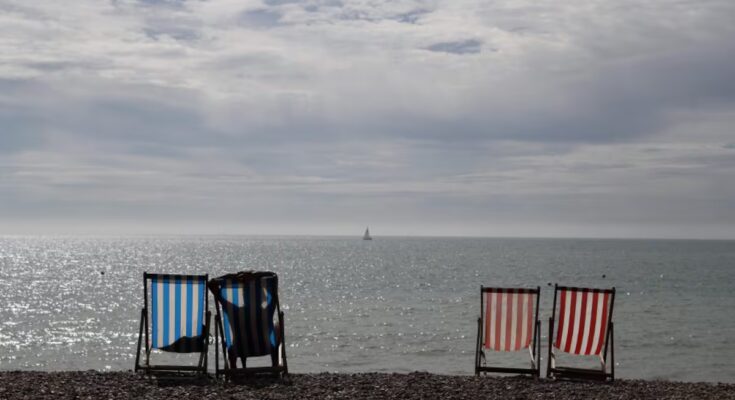I have a friend who says extraordinary sentences without intending them to be extraordinary. He releases them here and there, involuntarily, like virtuosic brushstrokes. In the midst of the pandemic, and after a long time without being able to do so, he went to the center of Buenos Aires and gave me an account of that place which was then as far away as Manila: “Things are there, but there is something that isn’t there. It’s as if we were rehearsing a theater show, but it’s not the first one yet and we don’t know when it will be.” Recently, after a string of beautiful days, he said to me, “I need it to rain. The beautiful days are so challenging.” There is no more precise word: demanding. Those days seem to remind us that it is impossible for translucent and coral days to repeat themselves, one after the other and ad infinitum. They seem to remind us that at a certain point a cold front, a warm front, rain, winds from the North or the South will arrive. Perhaps it is precisely in the extreme beauty that the memory of corruption is found. When the days are like this, smooth, exuberant, the need arises, the request to “take advantage of it”. Going out into the day as if it were a palace open only in exceptional moments, like those magnificent buildings that open once every four years and exhibit their wonders for a few hours and then close again and remain absent for another four years. There are some lines by Mary Oliver that say: “I don’t want to lose a single thread / of the sumptuous brocade of this happiness. / I want to remember everything”. But no one can remember everything. Inhabiting the exceptional requires resignation: we must understand that this will remain alive in the memory only until the next meeting, which is not guaranteed. I suppose that’s, in part, what keeps us going: the hope of finding another great day in the future and having the courage to know how to lose it gracefully after we’ve experienced it.
The exceptional appearance | Opinion



